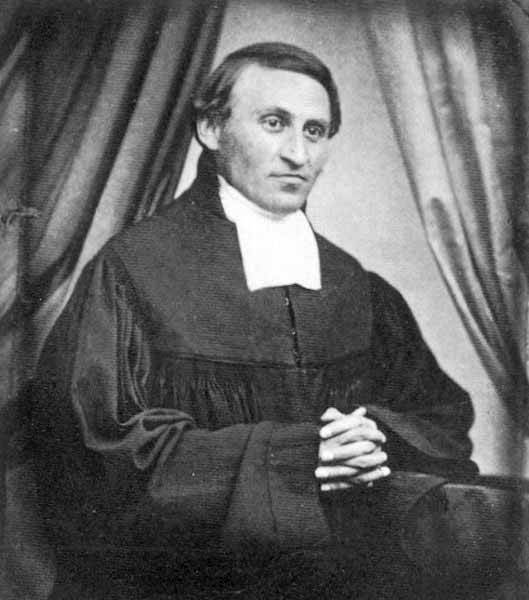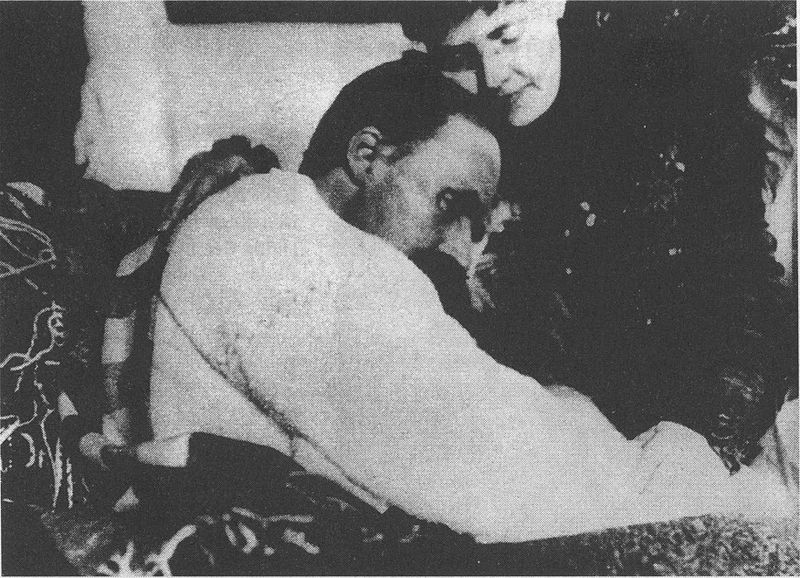
Below, six translated
excerpts from the chapter
“Musical betrayal”:
His phobia toward the degenerative aspects of the culture that began to appear in Mexico, especially in music, continued throughout the 1960s and early 70s, when I was already studying in his method. Rock music bothered him and even predicted, more than once, that in a hundred years mankind would continue listening to Beethoven but no one would remember the Beatles.
* * *
At that time [the 1990s] I did translation work. That same year [1993] I quoted something in my diary that I had translated that vindicates what my father said about musical pedagogy. I do not know if the quotes are accurate as the translated text was informal. But the question is to collect what comes in my diary: “Plato and Aristotle discussed the role of music as ‘harmonizing body and soul’. Plato went further: ‘The type of music of a nation cannot be altered without changing the customs and institutions of the state’.”
Very true. The “sexual liberation”—permissiveness of promiscuity and debauchery in plain English—modified the type of music in the West. My father never noticed that music education lies primarily in preventing the child or adolescent of the dissipation forces that became fashionable since the 1960s. A hard ethos as that of the Republican Romans would, I believe, repudiate the degenerate music insofar as the ethos and the musical tastes are two sides of the same coin. My father certainly heard the musical degeneration when it initiated in Mexico; he criticized it and resented much what he heard but eventually he followed the crowd [esp. Hollywood] and his descendants strayed even further. Rephrasing Plato, my brothers and nephews completely disharmonized their souls because of such bad manners. In other words, any pedagogic method that fails to separate the child from the surrounding culture of our time won’t work.
* * *
I must clarify that, although the rhythmic exercises taught in [school X] are indeed silly and childish, they do not reach what my beloved Nazis called “degenerate music.” This leads to the simplistic melodies of “disipacionism” to use the term of Hajo Liaucius in the book that I compiled; the obvious and inane tunes that move us into hedonistic relaxation, so well exemplified in the music that horrified Solzhenitsyn when America sheltered him for a few years and harshly scolded the gringos at Harvard. As unlike Solzhenitsyn almost everyone, including white nationalists, are addicted to degenerate music, they have been unable to realize that the best minds sensed that such “music” would be used by the System to degrade the spirit of the population, and to control it. A passage in 1984, for example, written before the birth of rock, proved prophetic. The music in the totalitarian world, Orwell says: “had a savage, barking rhythm which could not exactly be called music, but resembled the beating of a drum… The proles had taken a fancy to it.”
* * *
In another of my ring-binders (my texts are scattered in many places), in April 18, 2005 I wrote that the methods of Orff and Kodály were also fraudulent “if they don’t produce aversion in the pupils towards the music of Neanderthals, like rap.” In other words, it is impossible to have a double life: say, a traditional marriage with children and maintaining a lasting relationship with a homosexual lover. My brother and his musical colleagues do something similar to this hypothetical bisexual: they studied classical music and go to table dances or dance salsas; they have read the classics but plug their minds to the idiot box called television; they married in the church and get civil divorces before the first conjugal dispute; they teach Bach and in their cars listen disco music.
* * *
One time my nephew visited my parents and confessed to my father that, with his cousins, he was composing music for their rock group. My father did some technical questions and my nephew [who studies music composition] answered. Then, my father delivered a very gentle speech about rock. He said it was a “rhythmic, monotonous and a highly repetitive cry; very simple.” My nephew, incidentally, played the rubbish of progressive rock from his cell phone to show the grandfather the new ringtones. My father continued his criticism of rock concerts: “The volume is so tremendous that equalizes everything; what you hear is a barking rhythm,” just what Orwell said in his best-achieved novel.
Then my father spoke of an old article by a commentator on classical music that had opined about rock. He mentioned the name of the critic (that I failed to annotate), who had written about the “tremendous, crushing phenomenon” which was rock in its origins. My father spoke at length about African rhythms as a preamble to classify the rock. That they play it “to the extent that hypnotize” and the members of the tribe do not dance in dancing couples. Rather, the ritual ends in rapes that surprise the tourists. “I see the same in rock. The volume is so strong and it is so much of it that the affair ends really badly.”
* * *
What I said in my dairies was true: only by cutting off the child from the failed culture that surrounds him it is possible to educate him. We need a Fourth Reich to put things in order.



